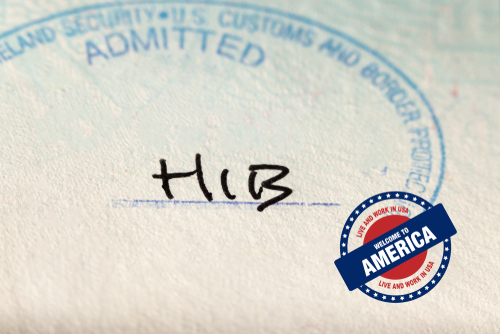
A Notice of Proposed Rulemaking (NPRM) published by the U.S. Department of Homeland Security (DHS) last week would streamline eligibility for the H-1B specialty occupation worker program, improve efficiency and institute more benefits and integrity measures.
H-1B is a nonimmigrant visa program that lets U.S. employers temporarily employ foreign workers in specialty occupations to meet their specific needs and remain globally competitive.
“DHS continues to develop and implement regulations that increase efficiency and improve processes for employers and workers navigating the immigration system,” Secretary of Homeland Security Alejandro Mayorkas said. “The Biden-Harris Administration’s priority is to attract global talent, reduce undue burdens on employers, and prevent fraud and abuse in the immigration system.”
The program identifies specialty occupations as those that require highly specialized knowledge and a bachelor’s or higher degree in specific specialities, or their equivalent. Under the current process, DHS stated that quantity tends to be more important than quality – which is to say, the more registrations submitted on behalf of an individual, the more likely they will be selected in the immigration lottery.
The newly proposed rule would alter that process, entering each individual with a registration submitted on their behalf into the selection process once and once only, regardless of the number of registrations submitted on their behalf. Ideally, this was envisioned as a way to keep some from gaming the system, and to keep legitimate registrations in the running. DHS also framed the changes as giving beneficiaries more choice between legitimate job offers.
Beyond this, changes would include revisions to allow a range of degrees, establishing a greater focus on prior determinations, upping benefits for certain nonprofit entities or governmental research organizations and extended flexibilities for students looking to change to H-1B visas, as well as codifying governmental authority to undertake site visits, and more.
The publication of the proposal in the Federal Register kicked off a 60-day public comment period.




